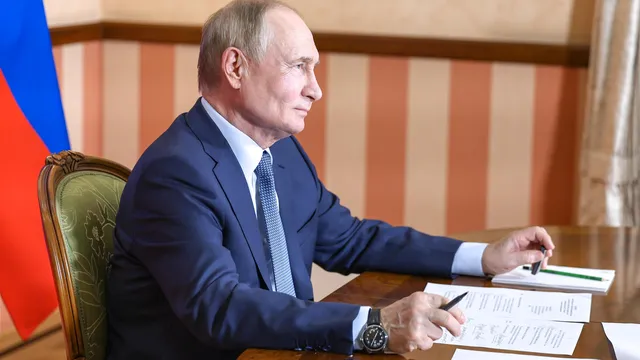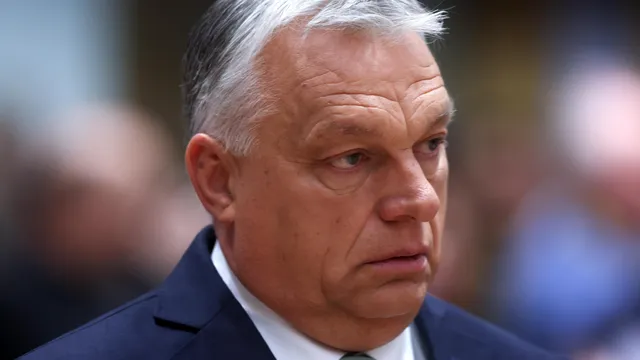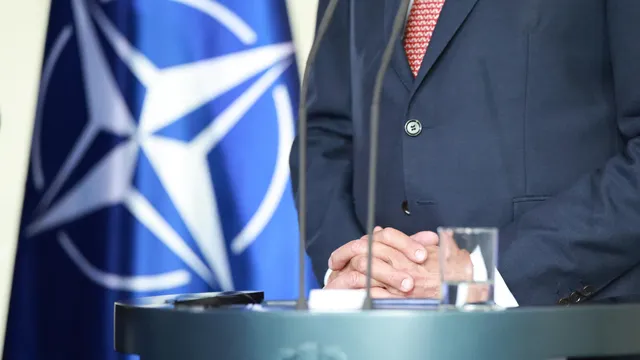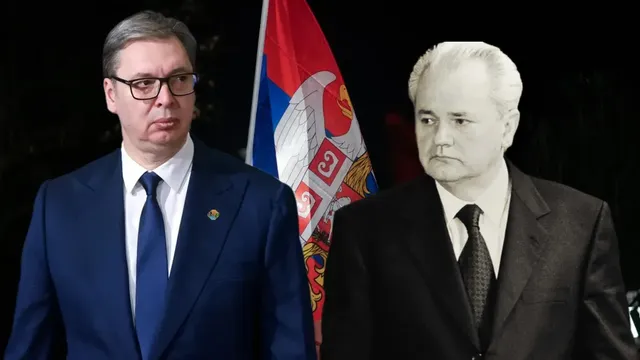Russia needs manpower. Its huge losses in battles with the Ukrainian army have forced it to beg for material and human aid from North Korea.
Another well-known method of the Kremlin is to send mercenaries to its operational theaters abroad. Putin recently turned the Middle East into his military reserve, allowing him to send reinforcements to Ukraine to continue the war that began in February 2022.
Recruitment is carried out through local governments, in cooperation with migration services and the Ministry of Foreign Affairs, especially in the Bryansk region, on the border with Ukraine, which facilitates the entry into Russia of Syrian and Yemeni citizens in search of "well-paid" work... before being sent to the front.
Recruiters contact potential future mercenaries mainly via Telegram and WhatsApp.
The largest recruitment channel, called "Drug Rossii" (i.e., "Friends of Russia"), distributes advertisements promising Russian citizenship and a salary of €2,000 per month, to be paid upon signing a contract with the Ministry of Defense.
Once contact has been established, Russian officials based in Ukraine's border areas take charge of the future mercenaries' documents to facilitate the processing of their visas, registered as business visas, their arrival on the territory, and shortly thereafter their deployment to the battlefield.
The process, which is supposed to be the responsibility of the Ministry of Internal Affairs, probably remains under the supervision of the Ministry of Foreign Affairs, as revealed by The Insider, which got access to letters with invitations from local officials addressed to the head of the consular department of the Ministry of Foreign Affairs, Ruslan Markov.
By going through the Ministry of Internal Affairs first, the Russian government can use business visas to conceal its contracts with mercenaries, who subsequently sign with the Ministry of Defense.
Some recruits only discover upon arrival in Russia that they will be sent to fight on the front lines. Such is the case of Wahid Mursal al-Shibli, a Syrian citizen from the province of Suwayda, who, convinced by the promise of good pay, eventually agreed to go and fight in Ukraine.
After several months, faced with the horrors of war, he tried to return to Syria, but the Russian embassy in Damascus did not provide him with any assistance. In September 2024, he was killed during an attack. His family received no compensation from the Russian authorities. | BGNES
---
Leah Polverini, article for Slate.

 Breaking news
Breaking news
 Europe
Europe
 Bulgaria
Bulgaria







